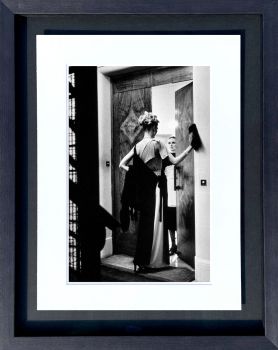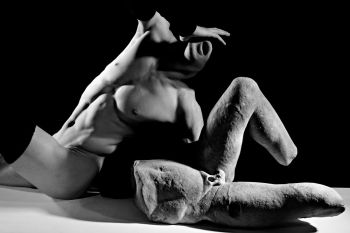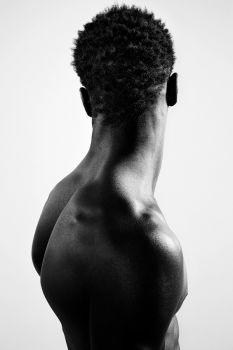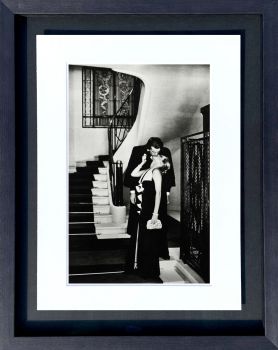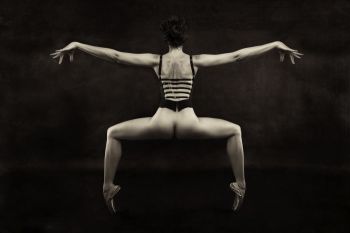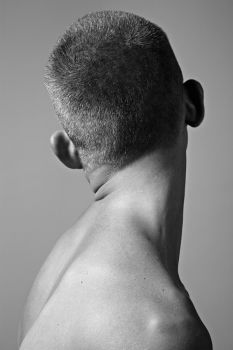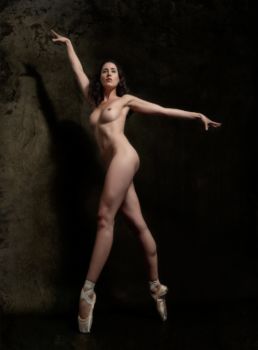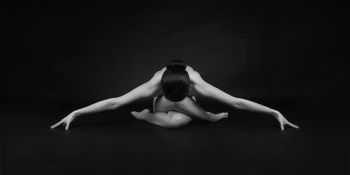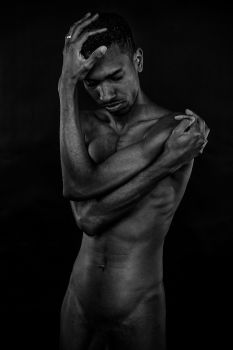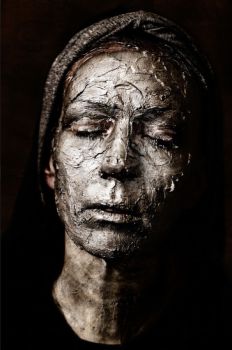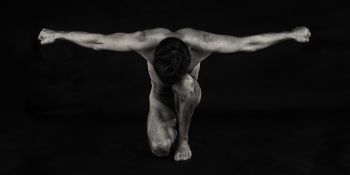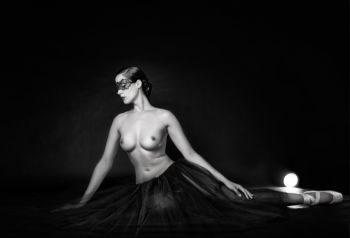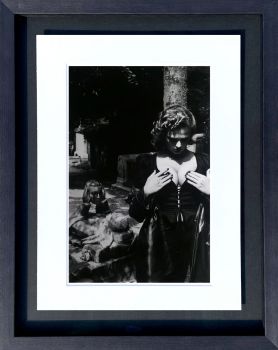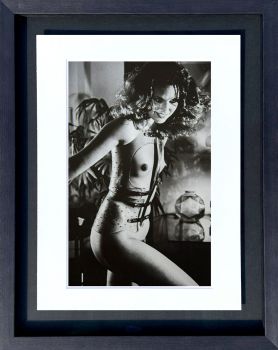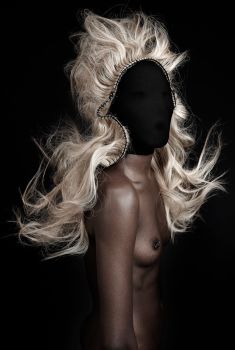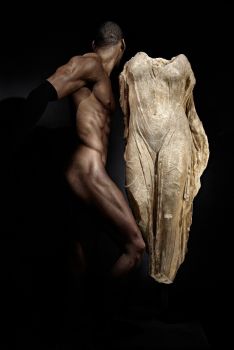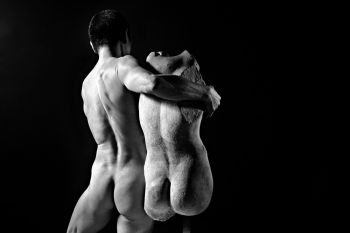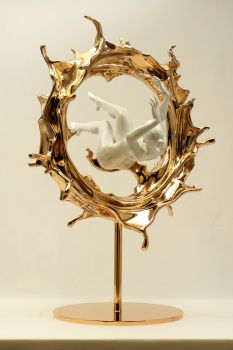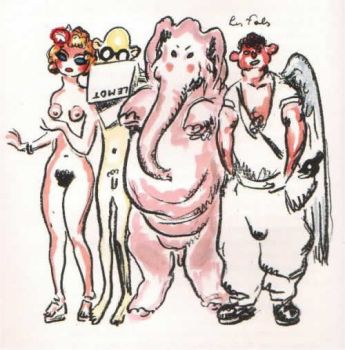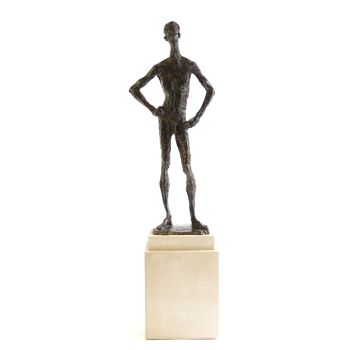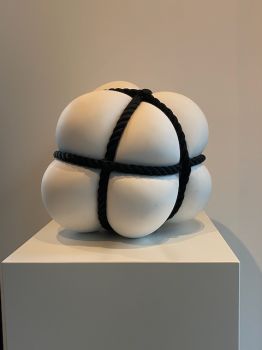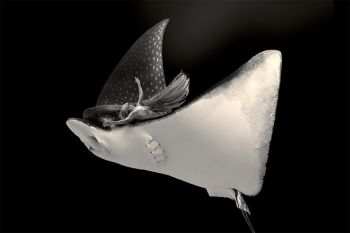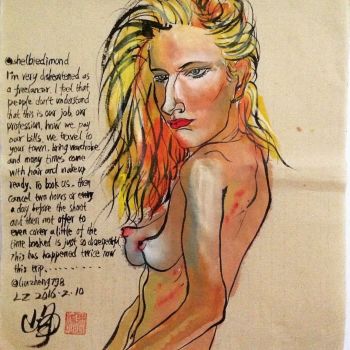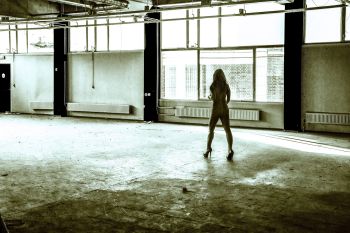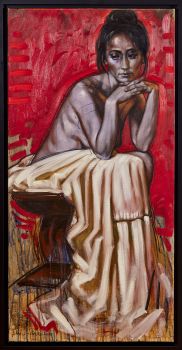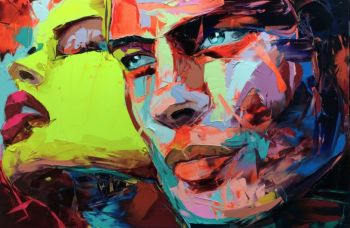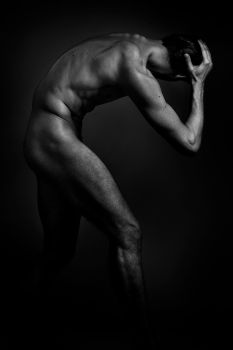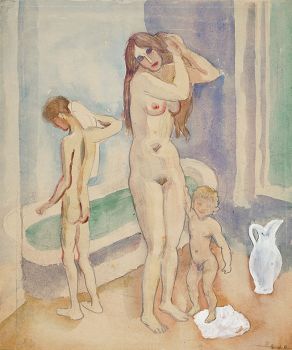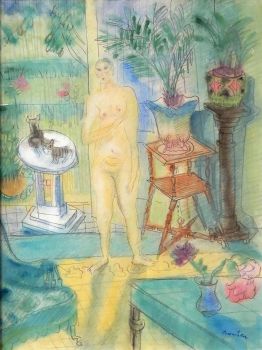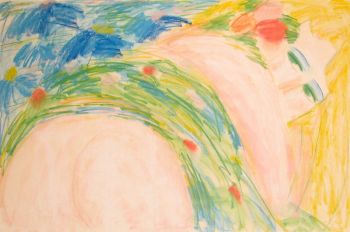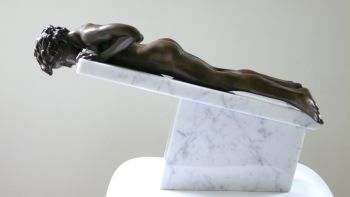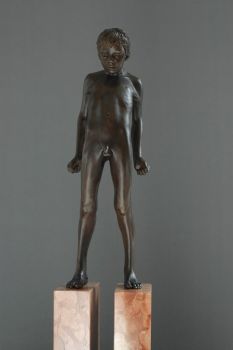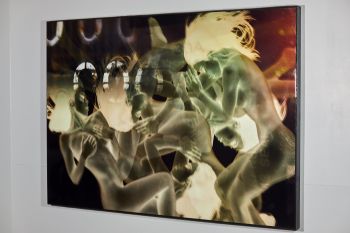"Nude women and nude males in art are not the same as erotic art or pornography "
"Nudity in art is not the same as erotic art or pornography". These were the words of the famous Chinese artist and dissident Ai Weiwei when he was accused of publicizing nude photography and was being arrested by the Chinese regime in Beijing. This was only 10 years ago in 2011, for making nude photography and displaying a number male nude and nude women! Ai Weiwei has become a symbol of the struggle for human rights in China using the soft power of art. But it has not been very long ago that representation of a nude women and male nudes was controversial in the European art-culture for many centuries. In this article we describe and give examples of the development and the role of male and female nude in art in time, from prehistory, the Middle Ages, the Renaissance until today.
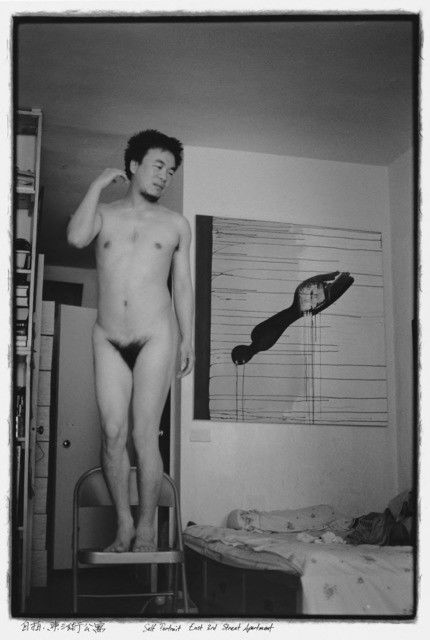
Nude photography of Ai Weiwei himself at young age
Nude women and art in prehistoric times
Approximately 30.0000 years ago in Europe, the early humans made nude women sculptures which are traditionally referred to in archaeology as "Venus figurines". It is widely believed that depictions of nude women with exaggerated sexual features represented an early fertility fetish, perhaps of a mother goddess. Although the name Venus is a little bit confusing because it is predating the real mythological figure of Venus many thousands of years earlier. The prehistorical images of women give a good reflection of the contemporary taste, morale and religious values of that society.
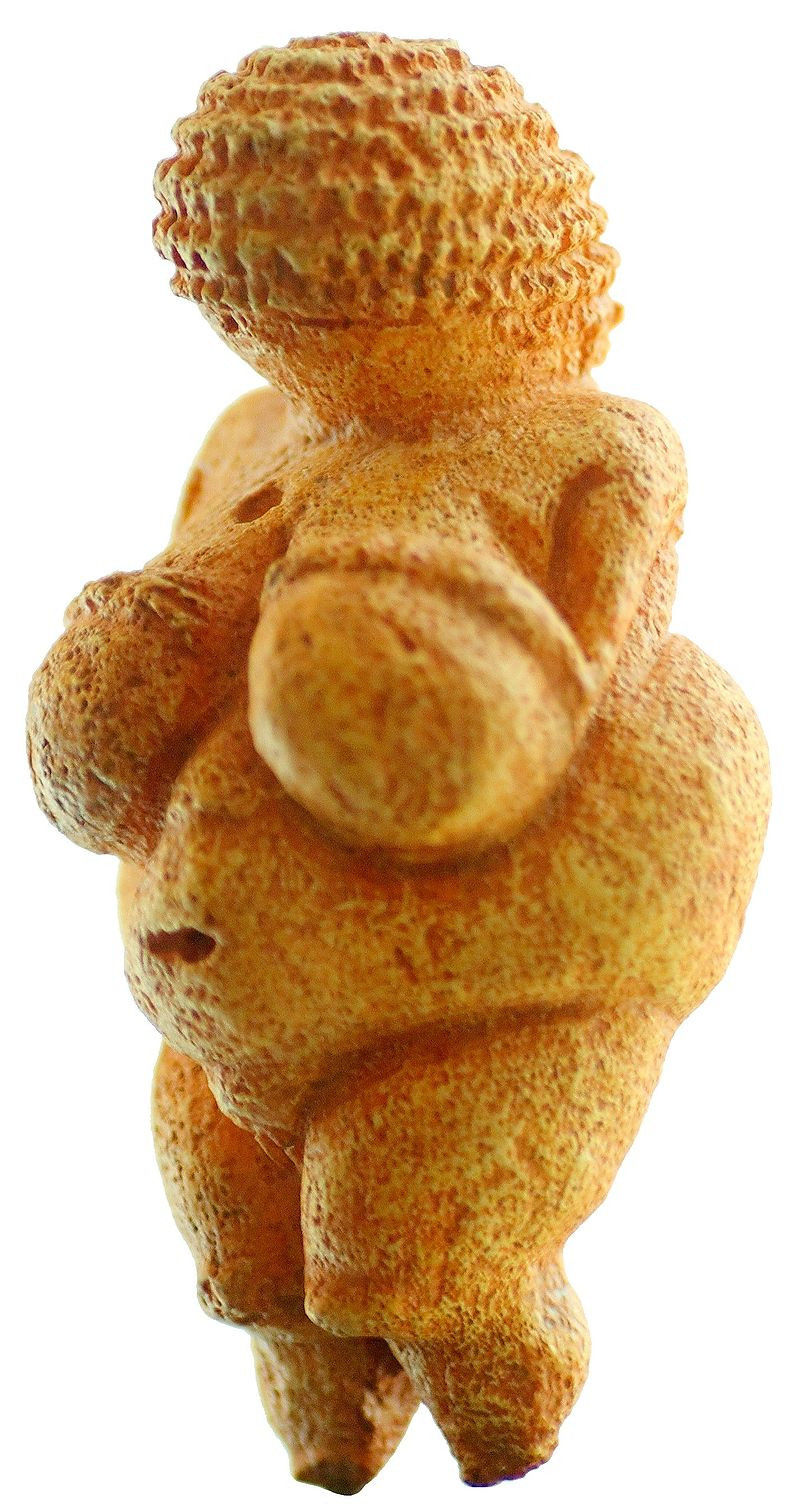
A prehistoric nude woman called the Venus of Willendorf, Naturhistorisches Museum in Vienna, Austria
The beauty the male nudes in Greek times
Nudity also played a major role in Greek sculpture. The Greeks greatly admired the beauty of the human body and therefore believed that it should be depicted in its purest form; the so-called “heroic” male nudes. The reason for especially depicting naked men was because (nude) women were seen as imperfect. And when women were depicted they were simply covered with clothes. That the Greeks were only concerned with the beauty of the naked body and not with the sexuality can also concluded by the relatively small genitals that were displayed at the images of male nudes.
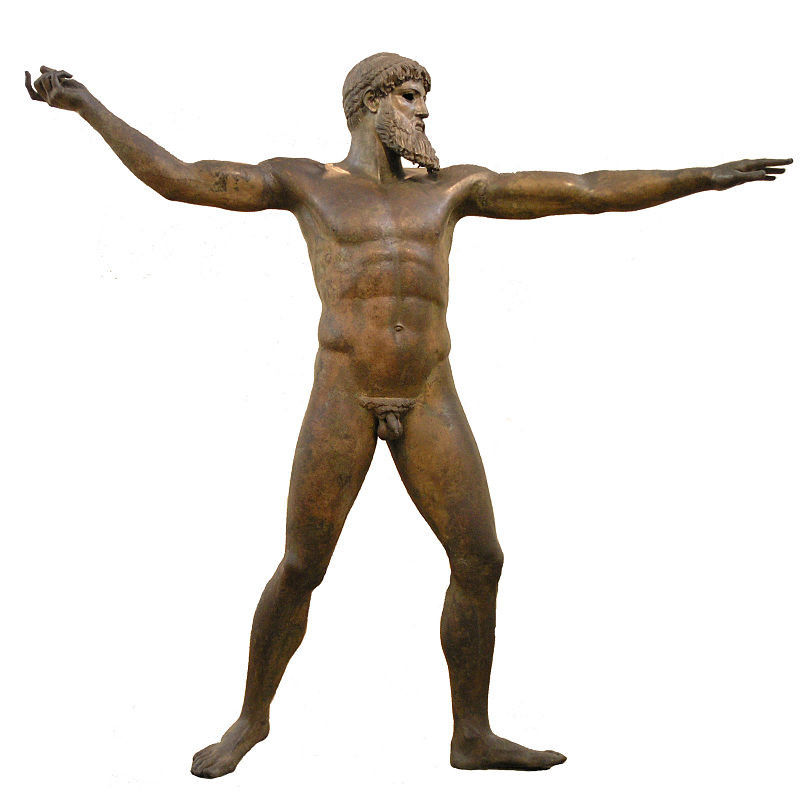
A Greek ‘male nude’ called The Artemision Bronze, National Archaeological Museum of Athens
Nude as image of sin in the Middle Ages
With the advent of Christianity, the artistic nude in the early Middle Ages was increasingly pushed back. Only as a symbol of the sinfulness of the weaker sex were images of the nude women sometimes allowed. However, most of the time they too were completely or partially covered with robes or undergrowths. Even Adam and Eve, who according to the Bible walked naked in Paradise, were often depicted in Christian art with a fig leaf for their genitals.
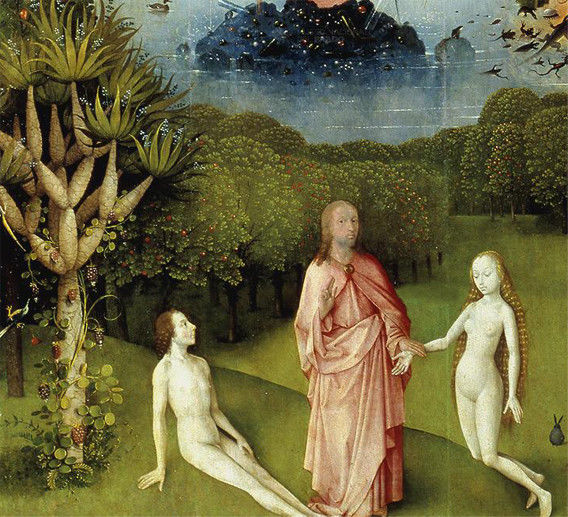
Male nude and nude woman in the Middle Ages a of Fragment of Tuin der lusten, Jheronimus Bosch, Prado 1480 -1490
Female nude and male nudes as mythical figures in the Renaissance art
It was only with the arrival of the Renaissance in the fourteenth century that art views on nudity became more tolerant. Artists resorted to the classical works and also took over the heroic nude again. Nevertheless, artists had to make clear in their work that it was a representation of a classical mythical figure to justify the nude. It is for that reason that, for example, many Renaissance paintings depict a naked Venus.
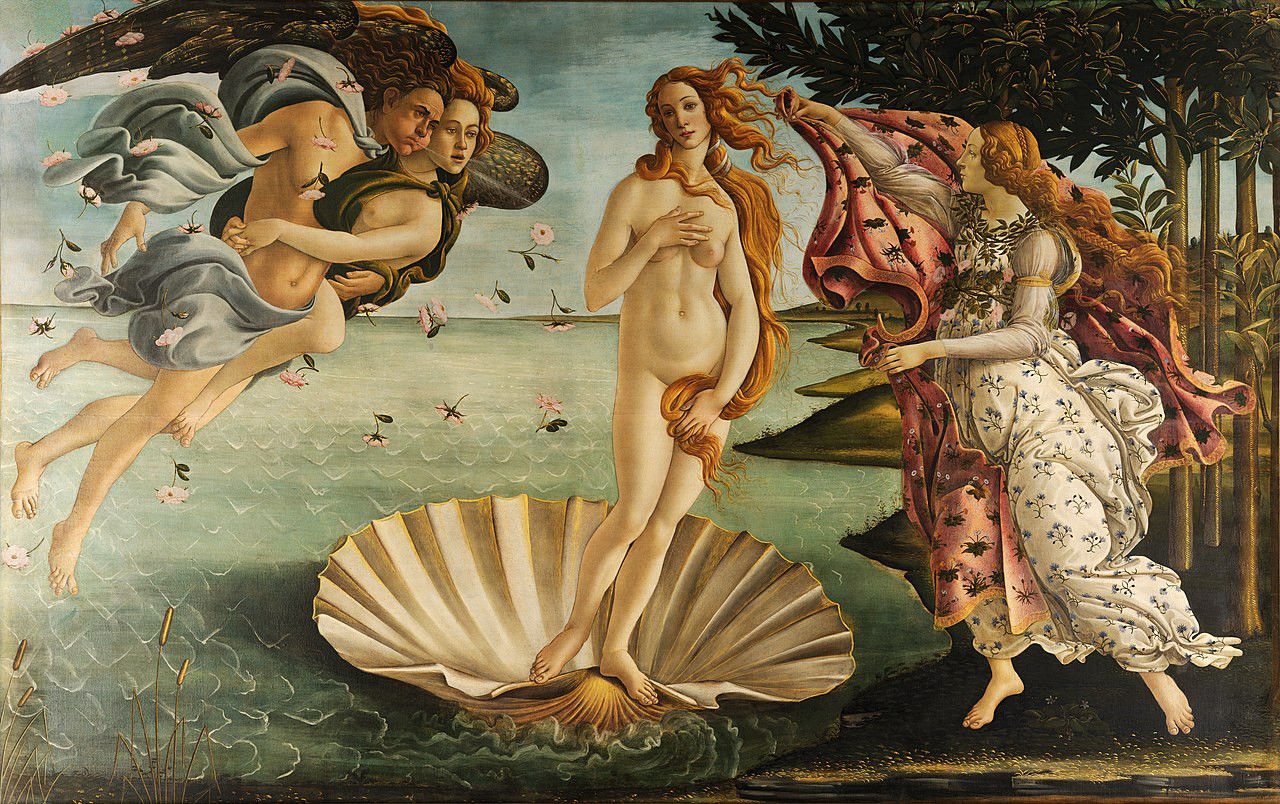
The nude women and male nudes by Sandro Botticelli, The Birth of Venus (c. 1484–1486), Florence
Nude in art in the 19th and 20th century
It would take until the nineteenth century before the human nude became acceptable again outside this classical environment. Only in the nineteenth century, with the rise of Impressionism in France, more and more artists saw the human nude in itself as an art form. Although both the Academic tradition and Impressionists lost their cultural supremacy at the beginning of the twentieth century, the nude remained. Although transformed by the ideas of modernism. The idealized Venus was often replaced by the nude woman intimately depicted in private settings.
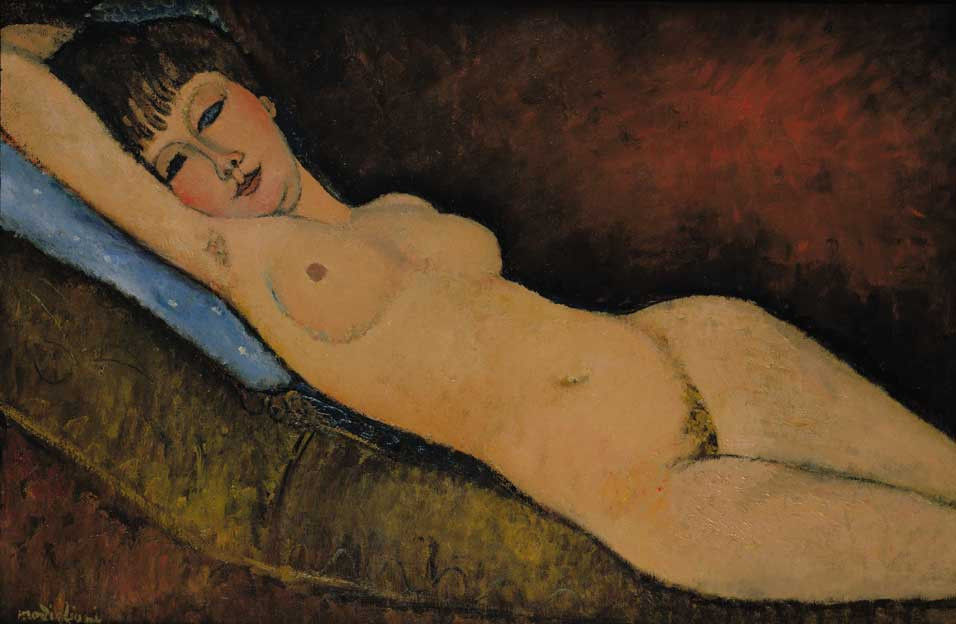
A intimate image of a female nude in Nu Couché au coussin Bleu, by Modigliani, 1916
The simplified modern forms and almost abstract paintings of Jean Metzinger, Amedeo Modigliani, Gaston Lachaise and Aristide Maillol recall the original goddesses of fertility more than Greek goddesses.
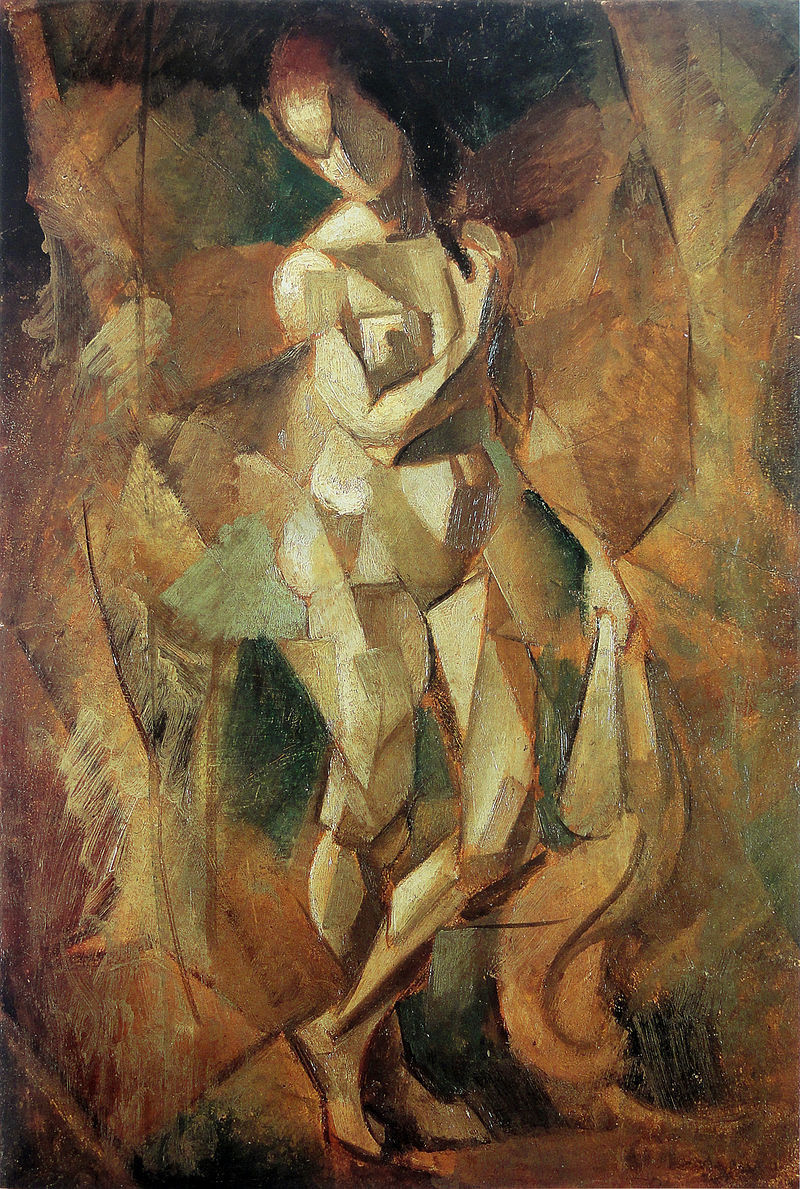
Cubistic nude women in Nu debout, 1911 by Jean Metzinger
In these abstract paintings, the nude body could be fragmented or dismembered, as in Picasso's Demoiselles d'Avignon, but there are also abstracted versions of classical themes, such as Henri Matisse's Dancers and Bathers.
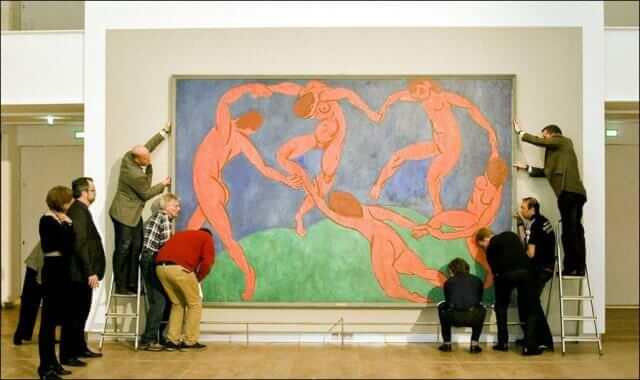
Nude men and female nudes in Henri Matisse's Dancers and Bathers
Nude photography nowadays
Nude photography has been a genre of fine art photography since the inception of the medium in the middle of the nineteenth century; depicting the nude human body with a particular emphasis on form, composition, and the emotional qualities evoked by such. Nude photography should be distinguished from erotic photography, although there has been some genre overlap over the years. Erotic interest, although often present, is secondary, which distinguishes fine art nude photography from both erotic or glamour photography.
For some examples of nude photography have look at the work of the following photographers; Natascha Hemke (male nude and nude women) and Brigitte Vincken (especially male nudes) or Denis Rouvre.
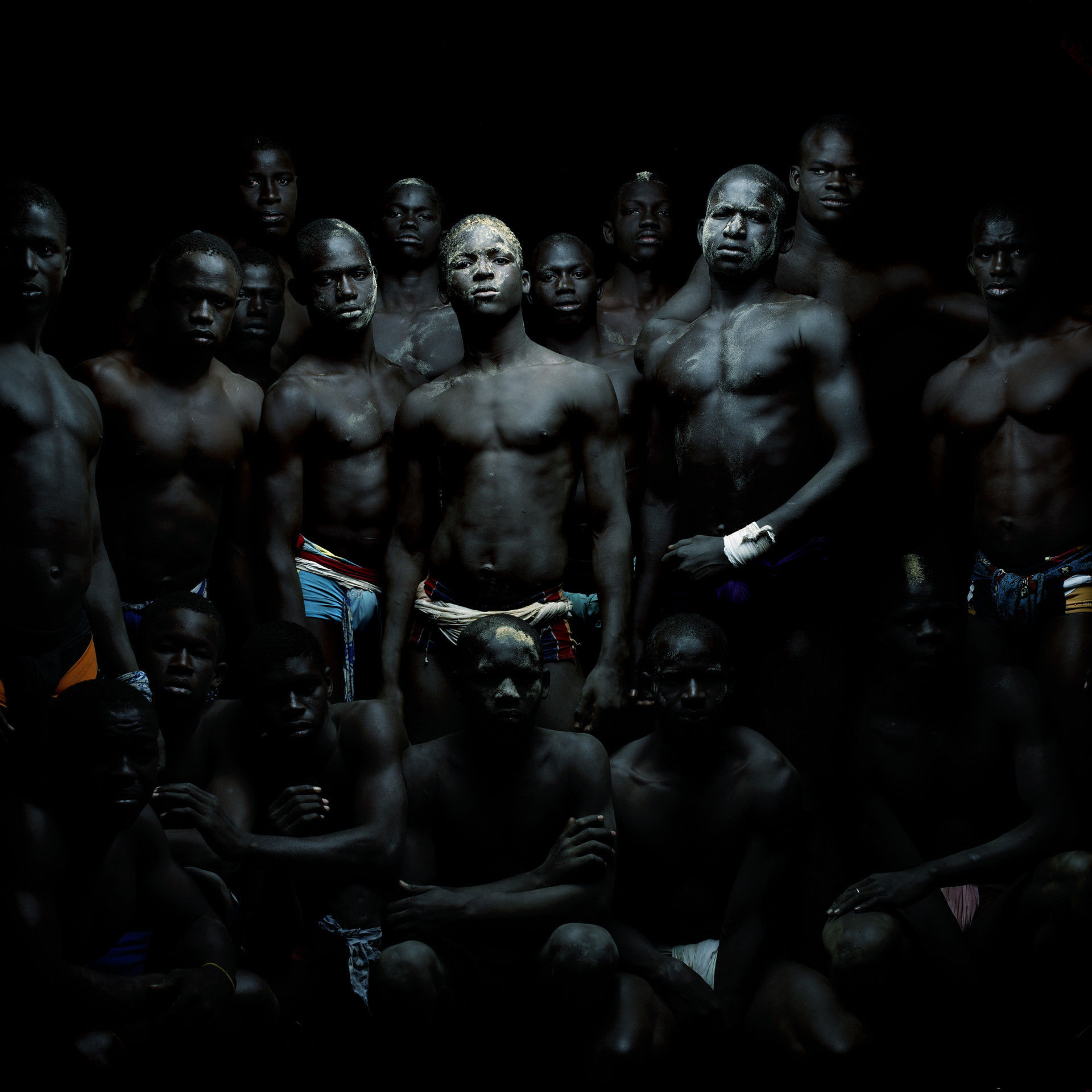
Male nudes in Lamb04, Denis Rouvre, 2012
We hoped you liked this article. If you are interested more, available artworks please have a look at our own “nude” or "naakt" collection at Gallerease!
* The painting in de the header is from Jan Sluijter, Three Female Nudes, Studio 2000


